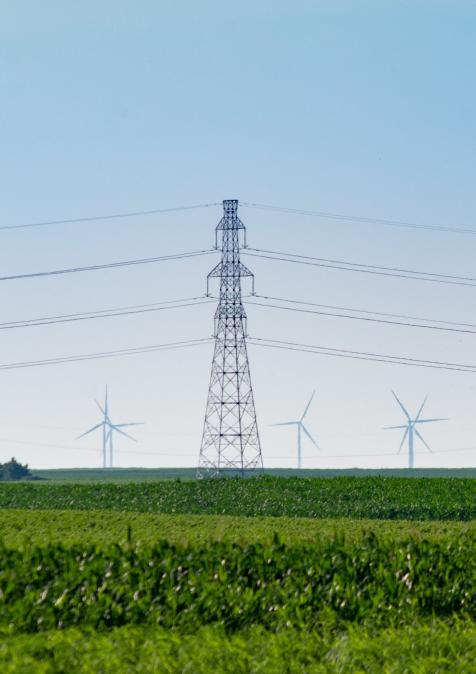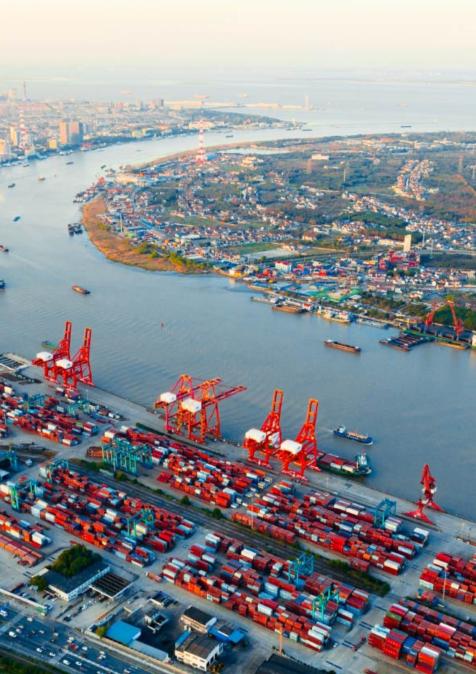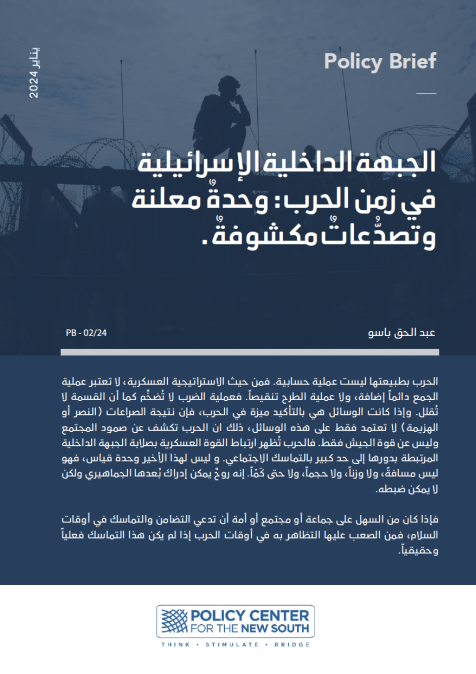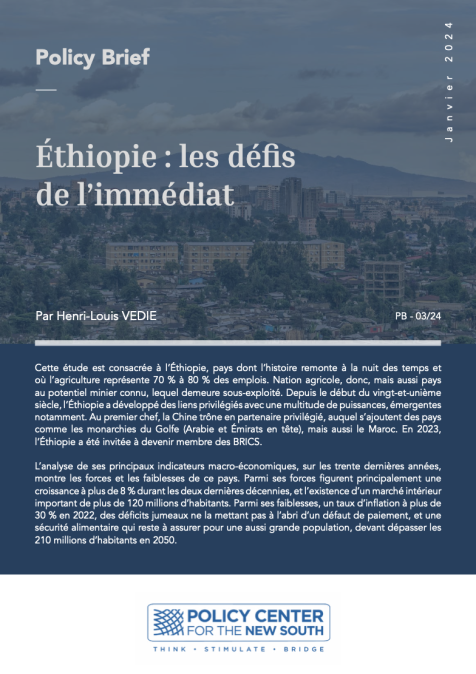Plenary IV: Technology, Welfare and Inequality Moderator Sarah Glover, Manager of Social Strategy, NBC Owned Television Stations Speakers Bruno Boccara, Founder, Socio-Analytic Dialogue María Teresa Fernández de la Vega, President, Council of State, Spain Serigne Gueye Diop, Minister Advisor to the President of the Republic, Senegal Sunjoy Joshi, Chairman, Observer Research Foundation – ORF
Speakers










